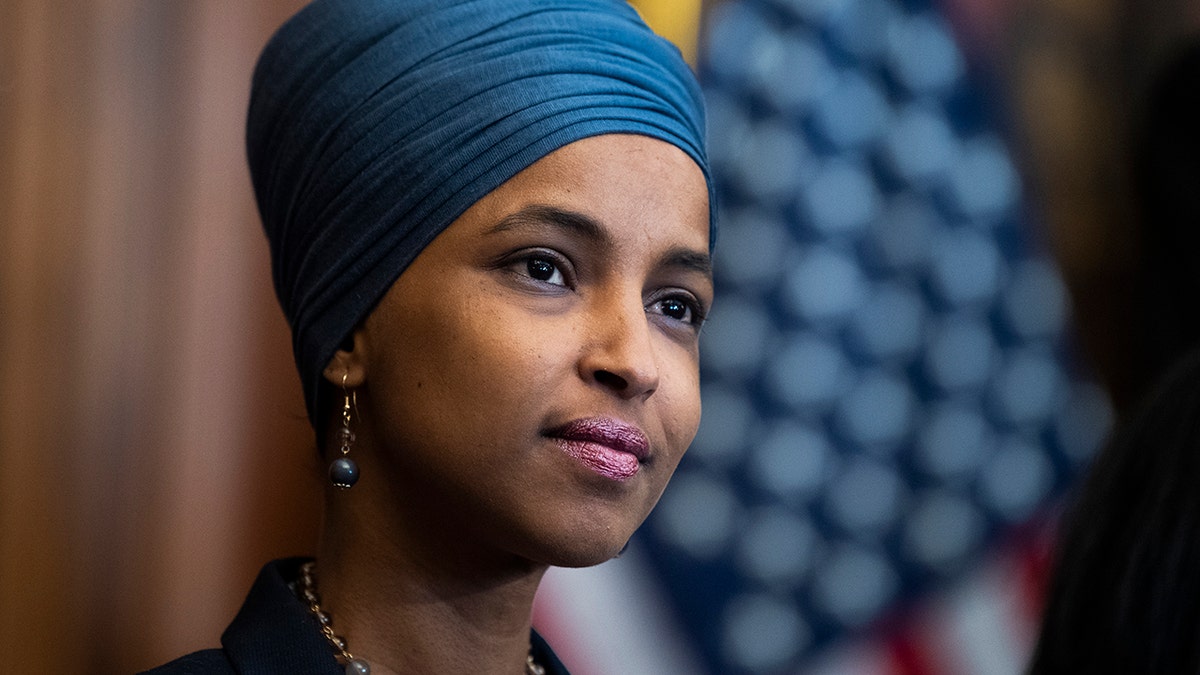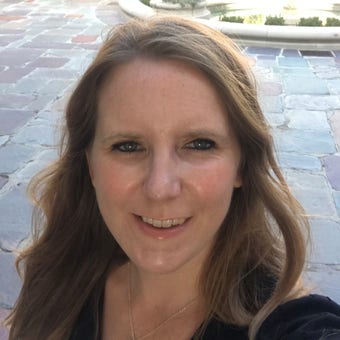Fox News Flash top headlines for July 31
Fox News Flash top headlines are here. Check out what's clicking on Foxnews.com.
U.S. Rep. Ilhan Omar introduced two guaranteed income bills on Friday, aimed at sending $1,200 monthly checks to most Americans before the end of the decade, according to reports.
The SUPPORT Act would fund current local guaranteed income pilot programs around the country through a $2.5 billion grant program and findings would be taken between 2023 and 2027 toward the formation of a national program, WCCO-TV in Minneapolis reported.
Starting in 2028, the national program would send $1,200 per month for people making less than $75,000 a year or heads of household making less than $112,500 a year plus $600 for each child.
"Poverty is a choice," Omar, a Minnesota Democrat, said in a statement about the bills. "For too long we have prioritized endless growth while millions are homeless, hungry or without healthcare. We as a nation have the ability to make sure everyone has their basic needs like food, housing and healthcare met."
"For too long we have prioritized endless growth while millions are homeless, hungry or without healthcare."

U.S. Rep. Ilhan Omar, D-Minn., is seen at the U.S. Capitol in Washington, June 17, 2021. (Getty Images)
CORI BUSH SPENDS NIGHT PROTESTING OUTSIDE US CAPITOL, GETS SUPPORT FROM SQUAD ALLIES OMAR, PRESSLEY
The SUPPORT Act was co-sponsored by fellow progressive Reps. Cori Bush of Missouri, Pramila Jayapal of Washington, Dwight Evans of Pennsylvania and Jamaal Bowman of New York.
The program would also be available to those without banking accounts, illegal immigrants who file taxes and those "experiencing housing instability," according to the Huffington Post.
Former Democratic presidential candidate Andrew Yang, a New York City businessman, floated guaranteed income during his 2020 campaign and cities like San Francisco and Oakland are already launching pilot programs, with Oakland’s currently the largest in the country, according to the Post.
CLICK HERE TO GET THE FOX NEWS APP
The GPI Act would supplement GDP calculations with alternate economic metrics by adding environmental and socio-economic factors, according to WCCO.






